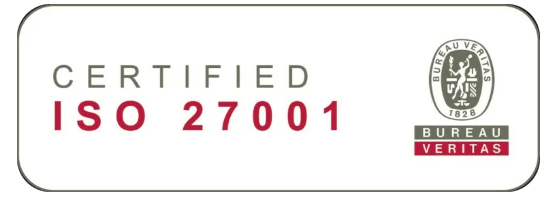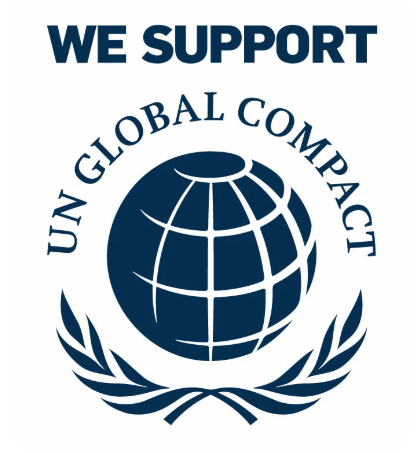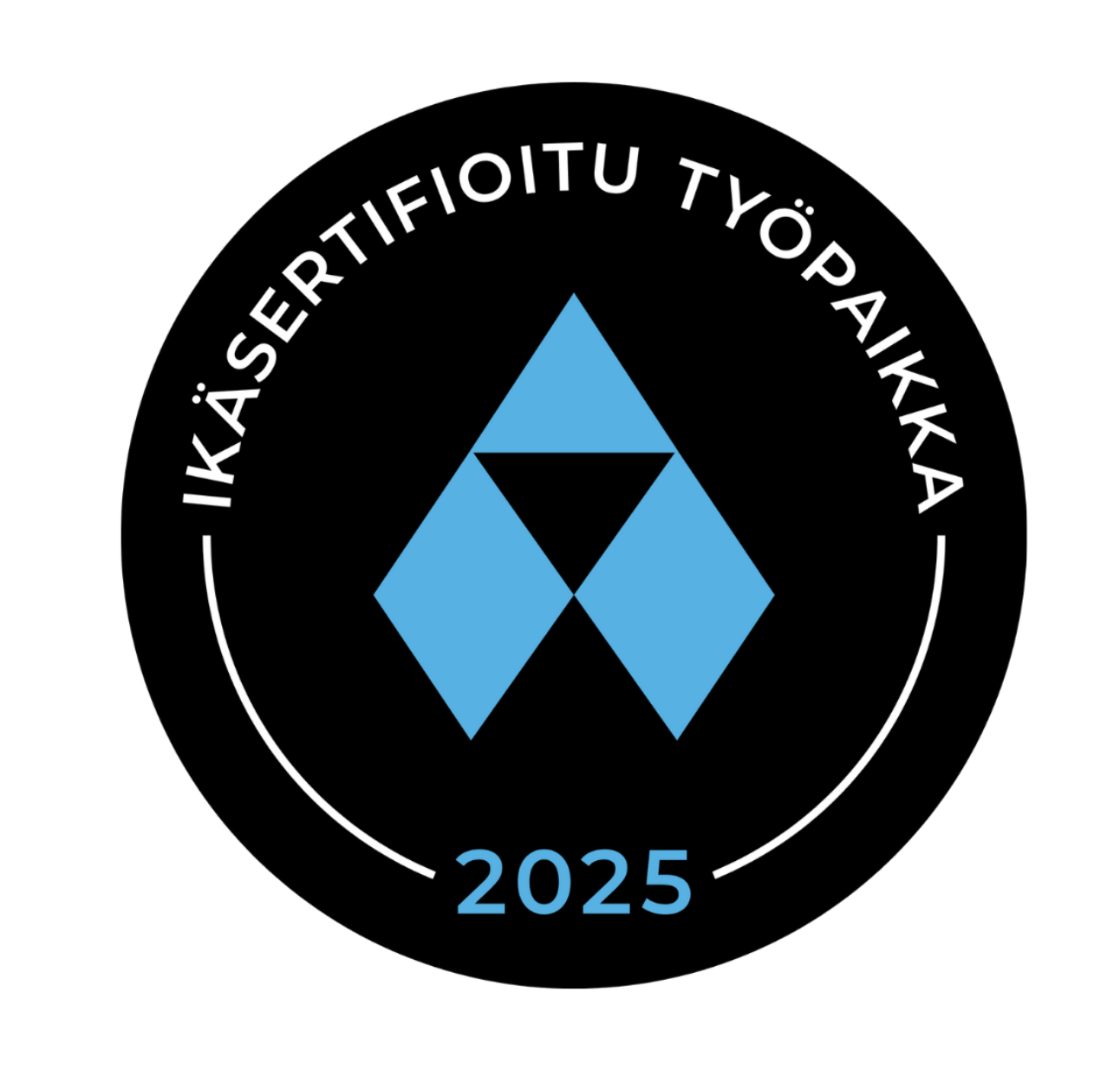
Vaccines improve people's quality of life by preventing disease. They play a key role in promoting public health and controlling serious diseases. We study the efficacy, safety and effectiveness of vaccines with decades of experience and internationally recognized, scientifically high-quality expertise. Our goal is to make new, safer and more effective vaccines available for children, adolescents and adults.
We promote health safety through vaccine research and influence the development of vaccination acceptance and knowledge based on science.

Register for the new Osana app to become a volunteer and advance medical research with FVR!
FVR – Finnish Vaccine Research was established in 2022 when the Vaccine Research Center of Tampere University and the clinical vaccine research group of the Finnish Institute for Health and Welfare (THL) were merged into a special state-owned company of Finland. The abbreviation FVR comes from Finnish Vaccine Research.
FVR has accumulated decades of joint experience in vaccine research.
Each year, we study dozens of vaccines, and thousands of Finnish volunteers participate in our studies.
.svg)

Nearly 30,000 infants participated around the turn of the millennium, leading to a major breakthrough: the vaccine was approved in the EU and US in 2006, and added to Finland’s national vaccination program in 2009.
The studies were conducted in collaboration with Merck and GSK between 2000 and 2004.
During the 2019–2020 flu season, the FinFluHD influenza vaccine study enrolled more than 33,000 participants, but was paused due to the coronavirus pandemic and ultimately discontinued in spring 2022.
The FinFluHD influenza vaccine study was conducted in collaboration with Sanofi Pasteur from 2018 to 2022.
The volunteer satisfaction rate was 97%, and the study dropout rate was only 0.7%.
By the end of 2024, there had been 90,298 volunteer and 172 studies.
Developing a new vaccine is a demanding and closely monitored process that takes years. Only a small proportion of the preparations make it to clinical trials, and even fewer end up as finished products.
We employ around 110 vaccine research professionals at our 10 research clinics across Finland. Each clinic has its own team: research and laboratory nurses and a research physician, who work closely together. The team is responsible for implementing the research in accordance with the individual research plan and national and international legislation and guidelines for good clinical research practice.
We also plan and implement extensive effectiveness studies that assess the burden of infectious diseases, the benefits and harms of vaccines, and their public health significance.
We study dozens of investigational vaccines annually, and thousands of Finns volunteer to participate in the studies every year. In addition, we conduct large-scale registry and database studies that utilize national, comprehensive, and timely health data.

Before starting research, researchers from pharmaceutical manufacturers, universities, biotechnology companies and other medical actors collect information about the mechanisms of origin, occurrence and danger of the disease targeted by the vaccine.

The stage preceding clinical trials (Phase 0) takes place in the laboratory. At this stage, the safety and efficacy of the vaccine are assessed before it can be administered to humans.

In addition, an investigational vaccine is developed to prevent the development of the disease or its complications.

The new vaccine is studied chemically and possibly in cell cultures. The effects of the vaccine are also evaluated in animals. This stage can last several years.
%201.svg)

It means randomly assigning research subjects to a study or comparison group. The research subject or researcher cannot influence which group a particular person ends up in, it is a matter of chance.
%201.svg)

It means that during the study, the participants and the staff conducting the study are not told whether they are receiving the study vaccine or the reference vaccine. This is only revealed after the study has ended. This ensures that the participants' perceptions of, for example, symptoms caused by the vaccination remain as unbiased as possible.
%201.svg)

In open label (unblinded) studies, both the staff and the subject know during the study which vaccine the subject will receive: the study or control vaccine.
Our expertise includes extensive clinical vaccine trials covering all phases of the research cycle (1-4) and efficacy and safety studies of vaccines in general use.

We have strong expertise in observational RWE studies and pragmatic field studies, as well as in the utilization of Finland's comprehensive health data registers and data resources.

%201.svg)

We deliver reliable research results and share our knowledge openly
Our work follows the highest scientific standards
We continuously develop our expertise, methods, and the field as a whole
%201.svg)

We work in a respectful and approachable way
We prioritise safety and well-being in everything we do
We foster strong collaboration within our team and with our partners
%201.svg)

We improve quality of life through effective vaccination protection
We act ethically, carefully, and with integrity, taking full responsibility for our work
We communicate openly and transparently
High-quality, organized information security management is a basic requirement in the field of pharmaceutical research. We work with the intellectual property rights and personal data of pharmaceutical companies, which means that our operations are strictly regulated.

FVR has joined the UN Global Compact, a voluntary framework for developing, implementing and reporting on responsible business practices. This means that we are committed to aligning our operations and strategies with ten universally accepted principles in the areas of human rights, labor, environment and anti-corruption, and to supporting the UN and the Sustainable Development Goals (SDGs).
Read more about the Global Compact
Read more about the 10 principles

Finland piloted its first Age Diversity Certification in the spring of 2025, and we’re proud to be among the inaugural recipients. The certification, granted by Excellence Finland, recognises organisations that treat people of all ages equitably in their HR practices, not just in theory, but in their structure and culture. This is a meaningful step toward acknowledging that age inclusivity matters, and that good work isn’t confined to one age group. Similar programmes exist in the UK and US - and now it’s Finland’s turn.
Read more

Through this channel, you can confidentially report cases where there is a suspicion that actions may have been taken in violation of the law, regulatory requirements, FVR’s values, or ethical principles.
Read more